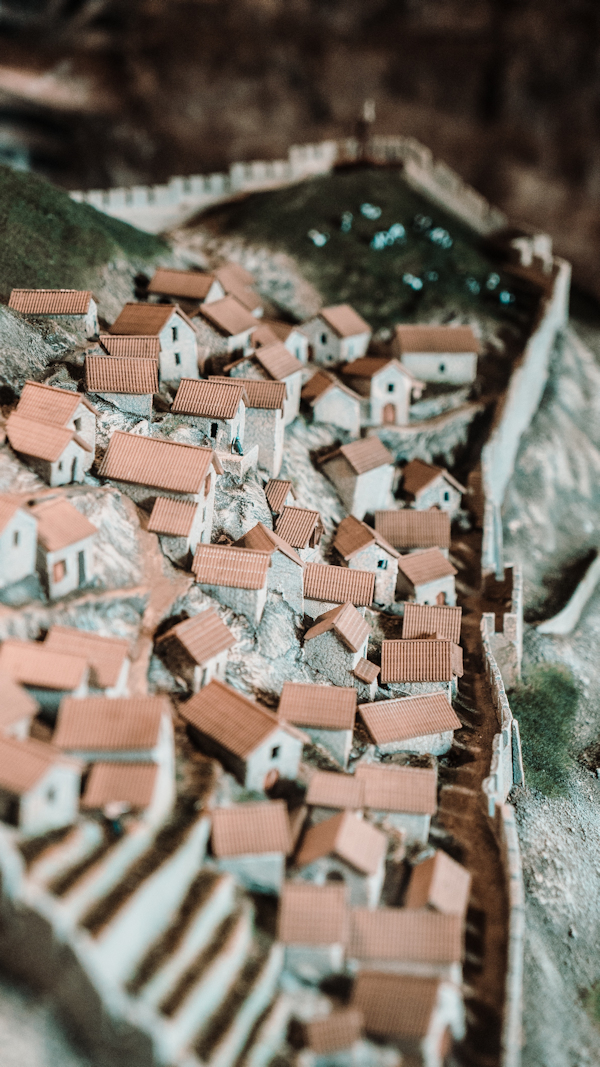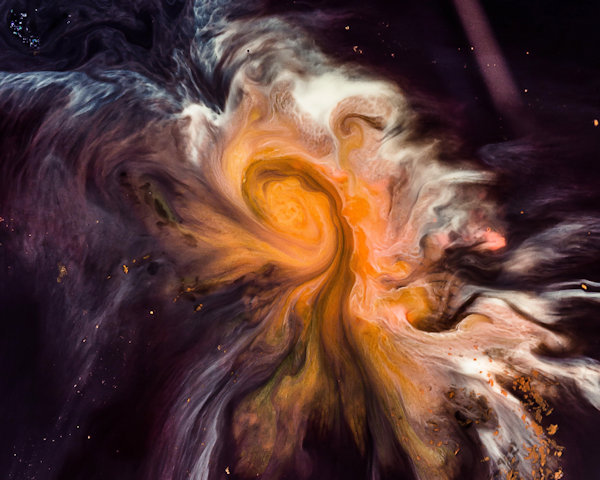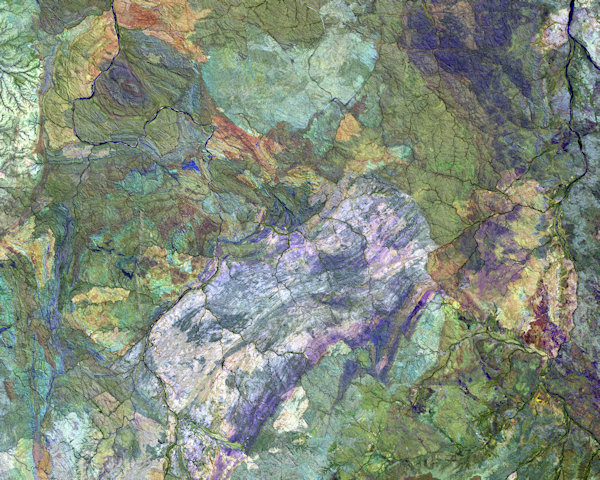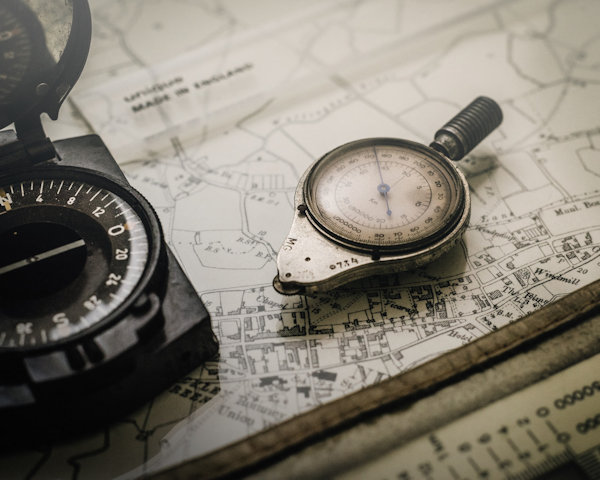Worldbuilding is a step that every writer has to do, no matter what genre they’re writing in. You get the wonderful opportunity to build the setting your characters are going to be in.
How is fantasy worldbuilding unique?
Fantasy is different than other kinds of worldbuilding because of the distinctly fantastical elements you, as a writer, get to play with. Fantasy writers get to play with a whole new realm—one that has corrupted magic and mythological beasts, wizards who want to rule the world and artifacts that can change the very fabric of life as we know it, just to name a few.
In fantasy worldbuilding, what should we focus on first?
Just like any element of writing, where you should focus on first really depends on you as a writer. I always say to start with what you’re most excited about in your world. Another way to think about this is figuring out what is most important, or different, about your world that you want to highlight.
Some writers like to focus on the historical aspect—how the world came to be, the religions and wars, the cultures that came before, the lore. Other writers narrow their gaze to the geography—the mountains and valleys, rivers and oceans, caves, and deserts—building the solid ground of the world before putting people into it. Still others like to create mythological creatures and their habitats.
For me, though, I like to focus on the magic system. Why? Because it’s so expansive; it’s unique to fantasy, and it’s a way to really stretch your creativity. (Of course, you don’t need to have magic in your world to be classified as fantasy…buuuut I love magic, so I have it in mine.) To do so, I ask myself a series of questions. What kind of magic is in your world? What is it used for—everyday things or only in rare circumstances? Is the magic good, or corrupt? Does everyone have magical abilities, or is it only a select few? If only a select few have it, are they blessed or hunted? Is the magic something innate, or learned? If learned, where do they go to learn it? Does it cost anything to use it?
For example, in my fantasy series The Broken Chronicles, I have four types of magic that each correspond with the four races; the magic is inherent (in their blood) but not everyone has the same power levels; and it costs the crafter something each time they use it. If you have a really solid idea of the magic in your world, creating the rest of the world around it will be much easier.
One thing to remember is that when you’re worldbuilding, you’re basically creating a set of rules for your world to follow. They’re guidelines that you can use to make sure everything you’re writing is consistent.
There are eight elements to think about in order to create a believable world:
- Creatures: Here you’ll think about what kind of animals roam your world, both the mythological or legendary beasts (like wyverns) and the everyday animals, even the types of pets your characters can have.
- Magic: This is where you’ll brainstorm the magic system, the rules, who has magic, who doesn’t, how do they get it, what do they use it for.
- Geography: These are things like landscape, climates, plants, air, water. Some people like to make maps to keep everything straight, and in fantasy in particular maps have become quite popular.
- History: This is like the big history—like world wars—and the little history—like what happened in the country your characters are from.
- People: Things like, who lives where and why, forming their culture and language, figuring out if they get along with their neighboring areas, what their religion is, and what they value.
- Social hierarchy: Here, you’ll have to determine what kind of government you have, who rules and how, what kind of weapons they have if they go to war, how they deal with crime, politics, their laws.
- Business: Like, transportation, science, technology, medicine, architecture, arts, that kind of thing.
- Everyday life: This is, nitty gritty stuff like fashion and food and manners.
It’s a lot, right? Right. So much thought and effort go into this part of writing, just remember to have fun with it. It can be very easy to get lost in worldbuilding, to plan every little detail about your world, and never actually start writing. Or, worse still, to plan every little detail and then feel trapped when you do start writing. If things evolve, that’s okay—you’ll just evolve the world with it. (Just…be sure to write that new rule down.)
There’s so much to do, how do writers not get overwhelmed?
Worldbuilding can be really scary to someone who hasn’t done it before. It’s daunting for writers who have done it before, because there is just so much to do. It’s the fear of the blank page, ten times over.
So how do I not get overwhelmed?
 Start small. You don’t necessarily need to know the history of the world or the geography of the entire continent or the cultures of all the people living on it when you first start the story. Wherever your character is, wherever you start the story in your world—whether that be in the middle of a desert, in a pub in the city, lost at sea, or on the back of a wyvern—start from that point of reference. Once you have that single reference point, you can expand outward as necessary as the characters travel from destination to destination.
Start small. You don’t necessarily need to know the history of the world or the geography of the entire continent or the cultures of all the people living on it when you first start the story. Wherever your character is, wherever you start the story in your world—whether that be in the middle of a desert, in a pub in the city, lost at sea, or on the back of a wyvern—start from that point of reference. Once you have that single reference point, you can expand outward as necessary as the characters travel from destination to destination.
You can draw on other works for inspiration. Is there a fantasy story with a world you particularly love? Re-read that story and see how they build their worlds. Don’t steal from them, of course, but see how they deal with all those worldbuilding elements we talked about earlier.
You can also see if there’s a way to draw on real life to get you inspired. Does your story start in a tavern? Go to a coffee shop (or a bar if you’re old enough!) and feel the energy, the mood, the conversation. Drawing inspiration from real life is a wonderful way to build a world.
Do you have any tips and tricks on worldbuilding? Let me know in the comments!
Title image by Joel Filipe.





I start small, too. I usually start with a single group of characters or village. Then, as I really get to them, I get a sense of their culture, and as they travel and interface with the world, I learn more of it through them – whether that’s magical beasts, ordinary beasts, geography, culture, history (which is often wrong or misunderstood, lol), or the magic. It lets me keep things consistent and grounded, and I find it tends to contribute to unique, imaginative developments and more than it would if I had plotted it all out ahead of time.